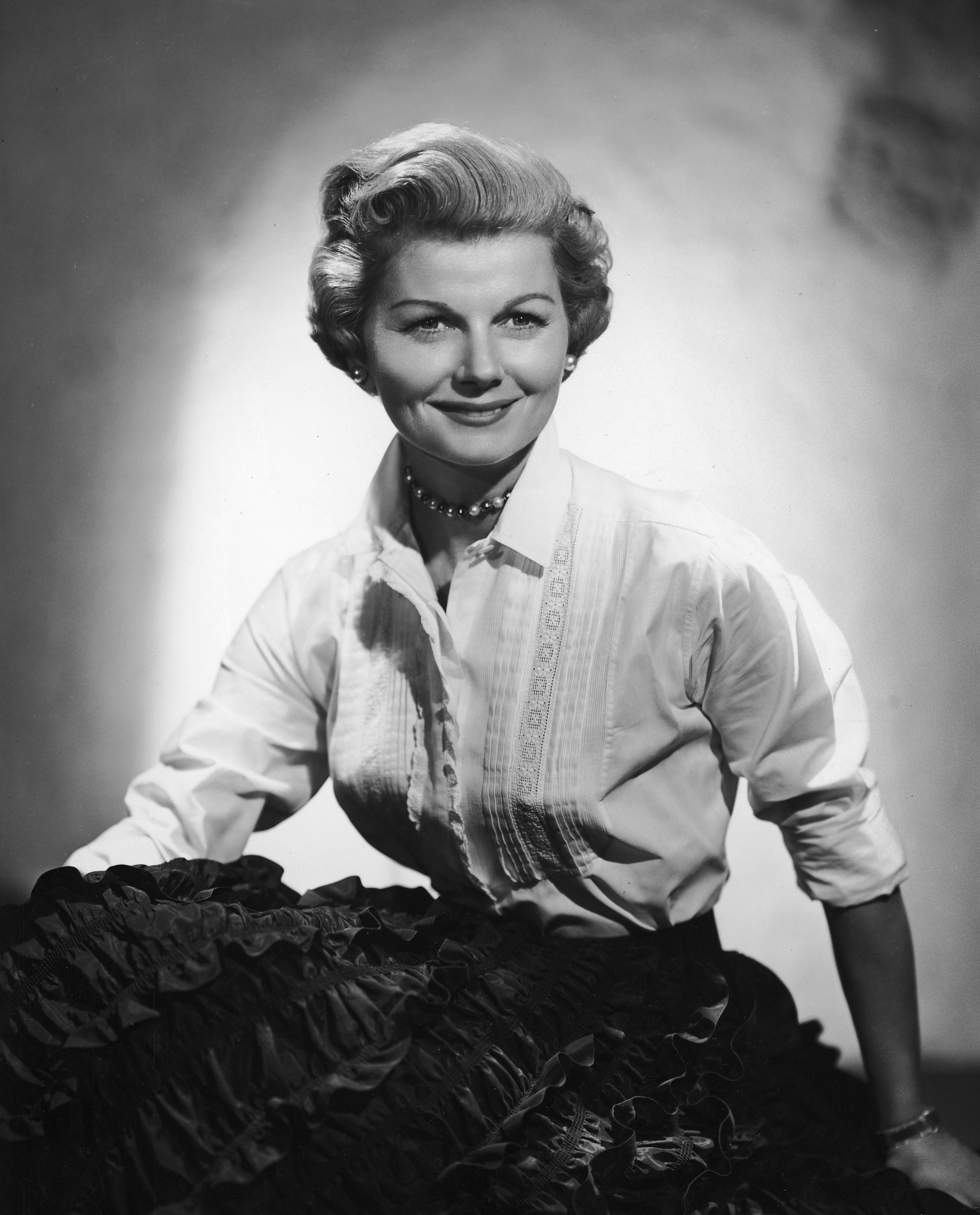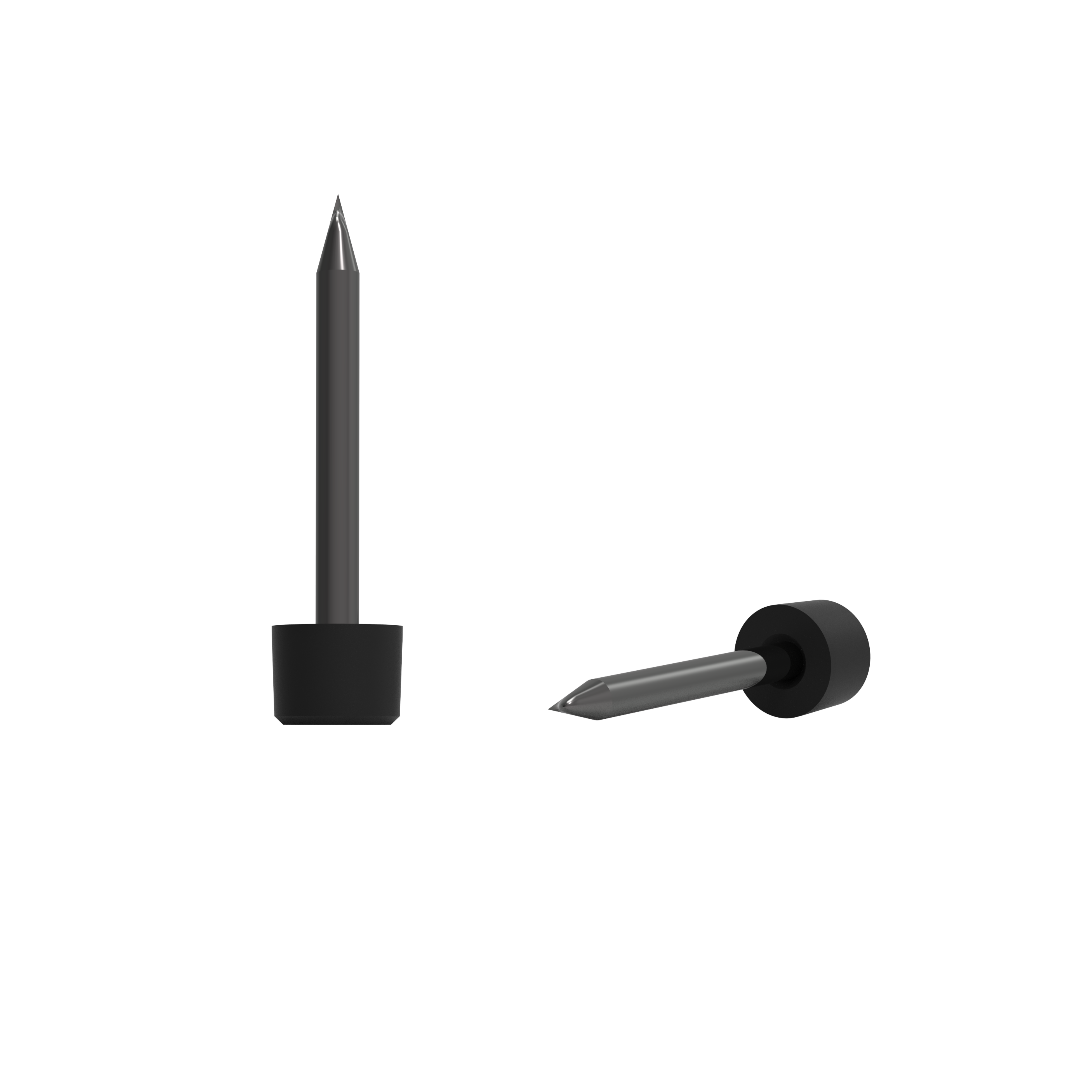Table of Contents
- Introduction
- Biography of June Cleaver
- Character Analysis: Why June Cleaver Matters
- Cultural Impact of June Cleaver
- June Cleaver's Fashion and Style
- Family Dynamics in "Leave It to Beaver"
- June Cleaver and the Representation of Gender Roles
- The Enduring Legacy of June Cleaver
- Criticism and Modern Perspectives
- Conclusion
Introduction
June Cleaver, portrayed by Barbara Billingsley, is one of the most iconic figures of 1950s American television. As the quintessential housewife and mother in the classic TV series "Leave It to Beaver," she has left an indelible mark on popular culture. Her character epitomized the idealized version of domesticity during a transformative era in American history. From her perfectly coiffed hair to her timeless pearl necklace, June Cleaver became a symbol of suburban perfection and maternal warmth.
June Cleaver's influence extends far beyond the small screen. She represented a cultural ideal that continues to shape discussions about family, gender roles, and societal expectations. Her calm demeanor, unwavering support for her family, and ability to resolve conflicts with grace made her a beloved figure in households across America. Even today, her character serves as a reference point for understanding the values and norms of mid-20th-century America.
In this article, we will delve into the life and legacy of June Cleaver, exploring her character, cultural impact, and enduring relevance. Whether you're a fan of classic television or simply curious about the evolution of American culture, this article will provide valuable insights into why June Cleaver remains an important figure in media history.
Read also:St Mary's University
Biography of June Cleaver
June Cleaver, the fictional character from "Leave It to Beaver," was introduced to audiences in 1957. The show, which aired for six seasons, revolved around the lives of the Cleaver family, particularly focusing on the misadventures of their youngest son, Theodore "Beaver" Cleaver. June, as the matriarch of the family, was portrayed as the heart and soul of the household, ensuring harmony and stability in the Cleaver home.
Below is a table summarizing key details about June Cleaver's character:
| Attribute | Details |
|---|---|
| Full Name | June Evelyn Bronson Cleaver |
| Portrayed By | Barbara Billingsley |
| First Appearance | 1957 (Pilot Episode) |
| Family | Ward Cleaver (husband), Wally Cleaver (son), Theodore "Beaver" Cleaver (son) |
| Notable Traits | Compassionate, nurturing, wise, fashionable |
June Cleaver's character was meticulously crafted to embody the ideal housewife of the 1950s. She was known for her impeccable appearance, often seen in a dress and pearls, and her ability to handle any family crisis with poise and wisdom. Her role as a mother and homemaker was central to the show's narrative, making her a relatable and aspirational figure for many viewers at the time.
Character Analysis: Why June Cleaver Matters
June Cleaver's character is a fascinating study of the societal expectations placed on women during the 1950s. As a mother and wife, she was the emotional anchor of the Cleaver family, often resolving conflicts and offering sage advice to her children. Her interactions with her sons, Wally and Beaver, showcased her nurturing nature and deep understanding of human behavior.
June Cleaver's Role as a Mother
- She provided emotional support and guidance to her children.
- Her wisdom helped her sons navigate the challenges of growing up.
- She balanced discipline with compassion, fostering a loving family environment.
June Cleaver's Relationship with Ward
- She shared a strong partnership with her husband, Ward.
- Her role complemented Ward's as the disciplinarian and breadwinner.
- Their teamwork demonstrated the importance of collaboration in marriage.
June Cleaver's character resonated with audiences because she represented stability and warmth in a rapidly changing world. Her ability to maintain composure and offer practical solutions made her a role model for many women during the 1950s.
Cultural Impact of June Cleaver
June Cleaver's influence on American culture cannot be overstated. She became a cultural icon, symbolizing the idealized version of domesticity and family life during the post-World War II era. Her character reflected the values of the time, including the emphasis on traditional gender roles and the importance of family unity.
Read also:Casper Ruud
The portrayal of June Cleaver contributed to the perception of the 1950s as a golden age of American family life. Her character was often referenced in discussions about gender roles, societal norms, and the evolution of women's roles in society. Even decades after "Leave It to Beaver" ended, June Cleaver remains a touchstone for understanding the cultural ideals of her time.
June Cleaver in Popular Media
- Her character has been referenced in numerous TV shows, films, and books.
- She is often cited as a symbol of 1950s domesticity and femininity.
- Her influence can be seen in modern portrayals of mothers in media.
By examining June Cleaver's cultural impact, we gain valuable insights into how media shapes societal perceptions and values.
June Cleaver's Fashion and Style
One of the most iconic aspects of June Cleaver's character was her impeccable fashion sense. Her wardrobe, characterized by elegant dresses, pearls, and perfectly styled hair, became synonymous with the image of the 1950s housewife. Her style was not only fashionable but also practical, reflecting her role as a homemaker and mother.
Key Elements of June Cleaver's Style
- She often wore knee-length dresses with fitted waists.
- Pearls were a signature accessory, symbolizing elegance and refinement.
- Her hairstyles, typically curled and neatly styled, added to her polished appearance.
June Cleaver's fashion choices were more than just aesthetic; they represented the societal expectations of women during the 1950s. Her style was aspirational, inspiring women to emulate her look as a way of embodying the ideal housewife.
Family Dynamics in "Leave It to Beaver"
The Cleaver family dynamics were central to the success of "Leave It to Beaver." June Cleaver played a pivotal role in maintaining harmony within the household, often mediating conflicts and offering guidance to her family members. Her interactions with her husband, Ward, and her sons, Wally and Beaver, showcased the importance of communication and teamwork in family life.
June Cleaver's Influence on Family Life
- She fostered open communication between family members.
- Her wisdom helped resolve misunderstandings and conflicts.
- She emphasized the importance of love and respect within the family.
Through her character, viewers were reminded of the value of strong family bonds and the role of mothers in nurturing these relationships.
June Cleaver and the Representation of Gender Roles
June Cleaver's character is often analyzed in the context of gender roles and societal expectations during the 1950s. As a housewife and mother, she embodied the traditional roles assigned to women at the time. Her character reflected the cultural emphasis on domesticity and the idealization of women as caregivers and homemakers.
Gender Roles in the 1950s
- Women were often expected to prioritize family over career.
- Homemaking was seen as a woman's primary responsibility.
- June Cleaver's character reinforced these societal norms.
While June Cleaver's portrayal was reflective of her time, it also sparked discussions about the limitations placed on women and the evolving roles of women in society. Her character remains a valuable lens through which to examine the history of gender roles.
The Enduring Legacy of June Cleaver
June Cleaver's legacy extends far beyond the confines of "Leave It to Beaver." Her character continues to be referenced in discussions about family dynamics, gender roles, and the evolution of American culture. Her portrayal as the ideal housewife has left a lasting impact on how we perceive family life and domesticity.
June Cleaver's Influence Today
- Her character is often cited in academic studies of media and culture.
- She remains a symbol of 1950s nostalgia and Americana.
- Her legacy inspires modern portrayals of mothers in media.
By examining June Cleaver's enduring legacy, we gain a deeper understanding of her cultural significance and the ways in which her character continues to resonate with audiences today.
Criticism and Modern Perspectives
While June Cleaver's character was beloved during the 1950s, it has also faced criticism in modern times. Critics argue that her portrayal perpetuated outdated gender roles and limited representations of women in media. Her character has been scrutinized for reinforcing stereotypes about women as homemakers and caregivers.
Modern Perspectives on June Cleaver
- Her character is seen as a product of its time, reflecting societal norms of the 1950s.
- Critics highlight the lack of diversity and complexity in her portrayal.
- Modern audiences appreciate her warmth and wisdom while acknowledging the limitations of her character.
Despite these criticisms, June Cleaver remains an important figure in media history, offering valuable insights into the cultural ideals of her era.
Conclusion
June Cleaver, portrayed by Barbara Billingsley, remains one of the most iconic figures in American television history. Her character, embodying the idealized housewife of the 1950s, has left an indelible mark on popular culture and continues to shape discussions about family, gender roles, and societal expectations. From her impeccable fashion sense to her nurturing nature, June Cleaver remains a timeless symbol of domesticity and maternal warmth.
As we reflect on her legacy, it is important to appreciate both the cultural significance of her character and the ways in which her portrayal reflects the values and norms of her time. While her character may not align with modern perspectives on gender roles, her influence on media and culture cannot be denied.
We invite you to share your thoughts on June Cleaver and her impact on American culture. Leave a comment below, share this article with fellow fans of classic television, or explore more content on our site to learn about other iconic figures in media history.

